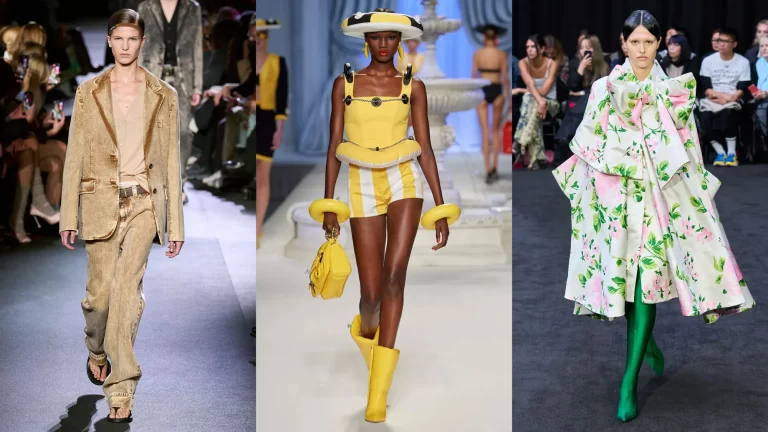From the shape of the bottle to the small print on the back label they can give us valuable clues to choose the right wine. Click here for online supplements malaysia.
Bottle shape
Although the shape of the bottle does not say much at first, the truth is that the size and thickness of the glass can give you useful information when choosing the most suitable wine. Whether it’s the classic Bordeaux (with shoulders) or the lifelong burgundy (without shoulders), a heavy bottle made of thick glass is always an indicator of quality. Visit this site for online wine malaysia.

All you have to do is think about the money it must have cost to produce such packaging. These types of bottles are typical of sparkling, as they have to withstand the pressure of the interior, but many wineries opt for more consistent glasses to give solemnity and packaging to the wine.
Bottle size
A normal bottle contains 75 cl of wine. Did you think it was a liter? First error. You can also find half bottles (37.5 cl) although they are not very common. Producers are interested in selling as much wine as possible, and are also concerned that there is too much oxygen in the bottle for prolonged aging.
The label and the back label
The label is the true letter of introduction of a wine, and not only because it is beautiful or striking. The label can end up convincing us about the choice, or on the contrary take away the desire to buy it. That is why a good visual organization of the data, the veracity of the mentions, as well as the suggestive but not boring description are so important.
The label of a wine can leads us to an area, a specific type of wine and even to a specific producer more directly than any other item of sale. Those of European wines focus above all on informing us about the designations of origin and geographical areas, and not so much on telling us about the grapes, the terroir or the weather.







